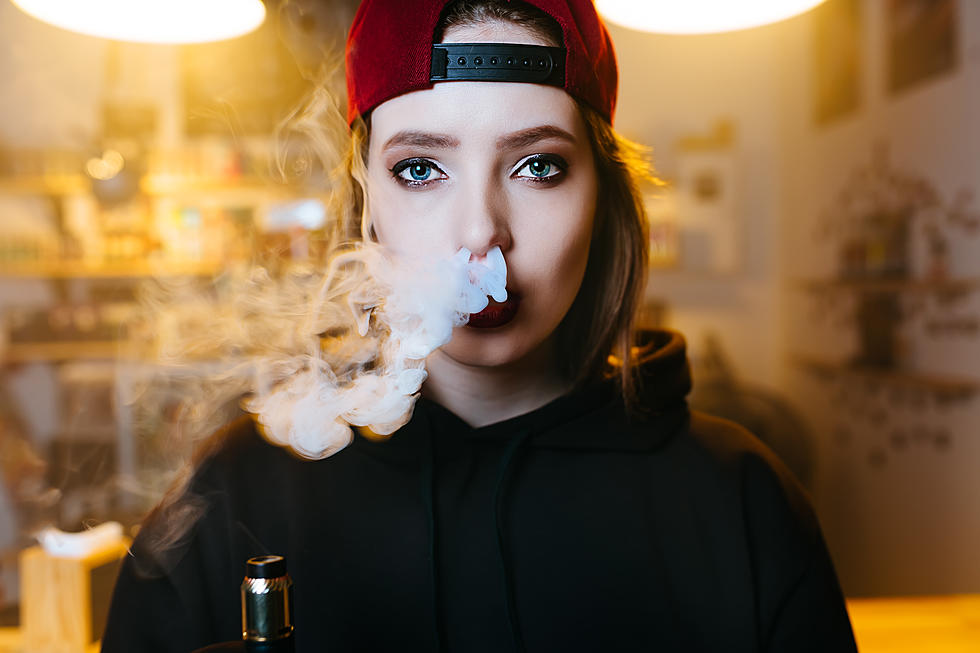
Synthetic cannabis use shown to drop in legal pot states — what about NJ?
New Jersey's recreational marijuana marketplace is not yet four months old, and yet everyone seems to be focused on what the future of the industry will be.
One aspect that legalization figures to cut into, over time, is what's offered and purchased underground.
A study out of the University of Washington recently published in the Journal of Clinical Toxicology found calls to poison control centers for adverse reactions to synthetic cannabis products declined by 37% annually, over a period of three years, in states where marijuana had been decriminalized and legalized.

The states where cannabis remained illegal, with restrictive policies against its sale and usage, had the highest rates of such incidences according to Paul Armentano, deputy director of NORML — the National Organization for the Reform of Marijuana Laws.
Yet while the sale of synthetic marijuana, which goes by names like Spice, K2, and Delta-8-THC, was banned in New Jersey in 2013, Armentano said he remains concerned about the quality and purity of unregulated products and their potential effects on consumers’ health and safety.
"We know that regulation creates a safer overall product, and it creates a safer environment for consumers to purchase that product," he said.
Armentano makes the point that cannabis is consumed in every state, whether it is legal there or not.
But for New Jersey, where the open marketplace is still so new, now is a critical time for both sellers and consumers.
"The question is, what do we want that marketplace to look like, and who do we want involved in the production of cannabis, and who do we want involved in selling cannabis?" he said.
Eventually, Armentano said, marijuana users will grow to trust the behind-the-counter, licensed and lab-tested products offered under state law.
At that point, the demand for unregulated products will decline. But he said how quickly that will happen is based on two top factors.
"It's going to come down to how readily the public can access legal products, and it's going to come down to the price of those products," Armentano said. "If they're priced in a manner that can't compete with the price point on the unregulated market, that is going to cause some consumers to continue to solicit the unregulated market."
Amid concerns over the equity and diversity of recreational cannabis retailers, Armentano said more access is of the utmost need as well.
He said if people have to drive dozens or hundreds of miles to get to their nearest dispensary, they too will continue to go underground.
Patrick Lavery is a reporter and anchor for New Jersey 101.5. You can reach him at patrick.lavery@townsquaremedia.com
Click here to contact an editor about feedback or a correction for this story.
LOOK: The most extreme temperatures in the history of every state
What would happen to NJ if we were attacked by nuclear weapons?
Here's where NJ legal weed is sold
More From 92.7 WOBM










